

Animal welfare in livestock production systems – how well do New Zealand farmers perform and where can we improve.
Executive Summary Animal welfare in New Zealand agriculture is a vital part of our “brand” as an exporting country. Both nationally and globally, consumers are expecting more and more transparency throughout the food supply chain. With society’s collective conscience adapting an increased focus on the ethical treatment of animals, we as members of the agricultural

Beyond the borders of Nelson: The opportunity for growth of the New Zealand hop industry.
Executive Summary The report titled: Beyond the borders of Nelson – The opportunity for growth of the New Zealand hop industry sets out to establish the following key aims: To investigate the key dynamics influencing the New Zealand hop industry and understand the key drivers encouraging growth within the sector To understand the key growing
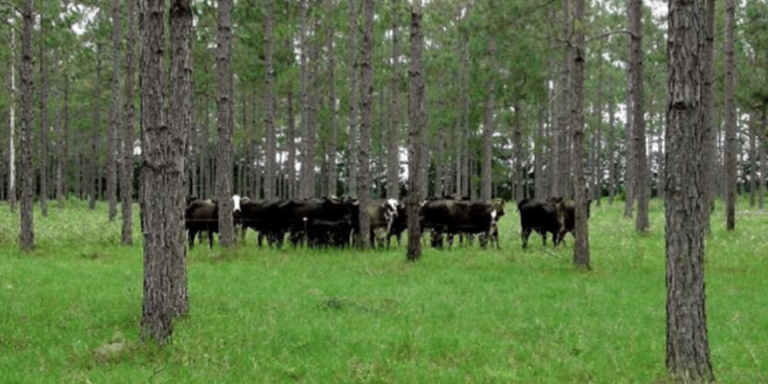
Carbon sequestration rates on different land uses.
Executive Summary Soil carbon is a key indicator for the health of the land. Arguably, the long-term agrarian wealth of a nation is determined by whether soil is being formed or lost. If soil carbon is being lost, so too is the economic and ecological foundation on which production and conservation are based. Soil carbon
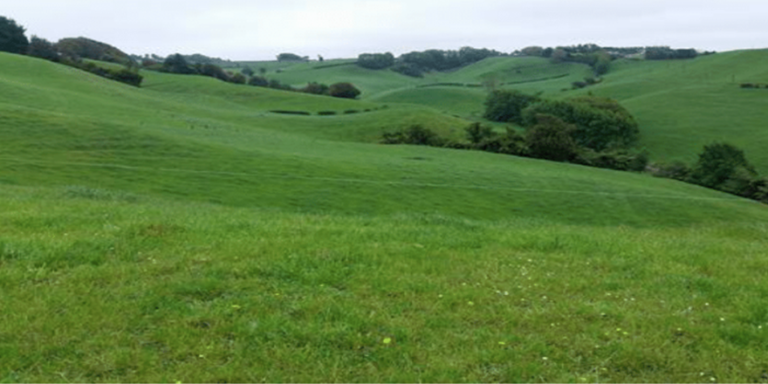
Federated Farmers: past, present and future.
Executive Summary Federated Farmers is a strong lobby and advocacy organization that has proudly represented New Zealand’s primary production sector since 1946. In the period from 2014 to early 2018 Federated Farmers experienced a 7.5% decline in membership subscriptions. While much of this decline can be attributed directly to a significant downturn in dairy farming
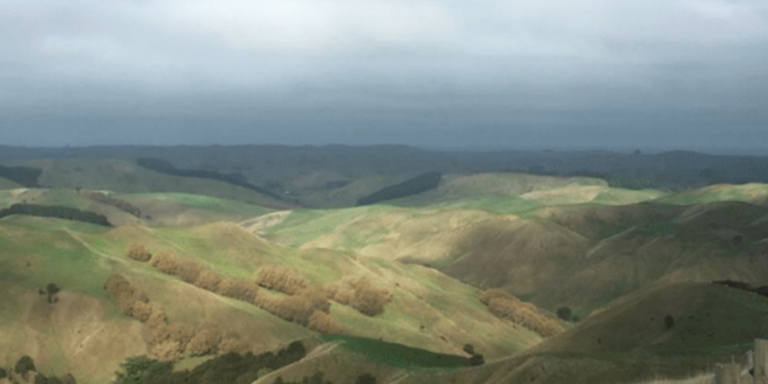
Has monitoring of financial objectives improved with improved technology.
Executive Summary New Zealand farmers have often looked to adopt technology to use in their farming business to increase productivity. The use of technology throughout the entire farm business has increased as modern day farming techniques become more complex and large scale investment in the rural sector increases. Sheep & beef farmers in New Zealand
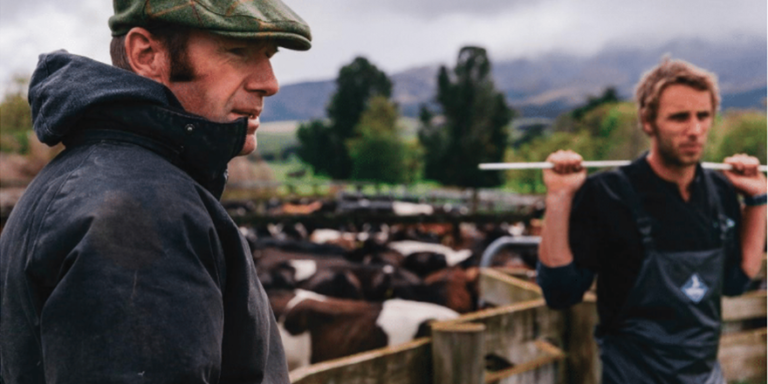
How to earn your social licence to operate.
Executive Summary The topic of social licence has become more mainstream in New Zealand in the past five years as our primary sector has grappled with what appears to be a public discontent with its environmental, health and safety, animal welfare and employment performance. The public discontent appears as if it is driving a wedge
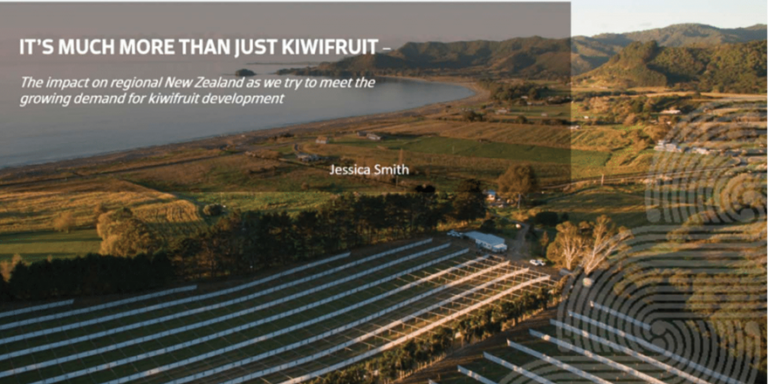
Its more than just Kiwifruit: The impact on regional New Zealand as we try to meet the growing demand for Kiwifruit development – Te Kaha case study.
Executive Summary If our regions are not thriving the prosperity of our people declines. Half of New Zealand’s population live in the regions. It is our regions that generate our economic output through the primary industry. Kiwifruit is the largest horticultural economic contributor and is targeted for significant growth. This research is about the impact

Leadership: What are the key attributes for success.
Executive Summary Leadership is one of the many fundamental components of a successful business. Understanding and appreciating what makes up leadership can ultimately drive success. No matter what the business size, sector or turnover, a successful business requires great leadership. To be a great leader requires a particular skill set; not everyone is naturally a
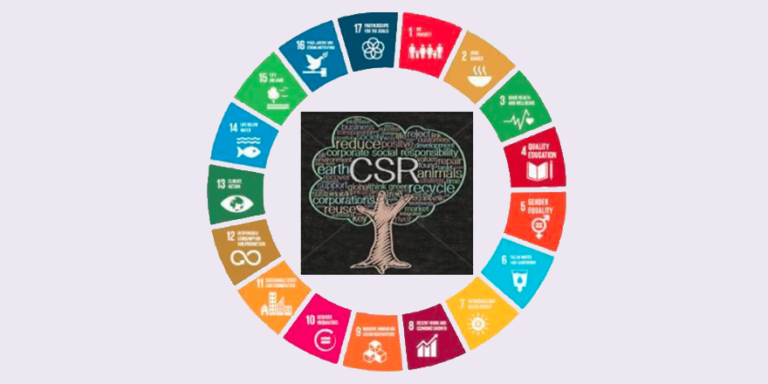
Looking forward to 2030: the un-sustainable development goals – corporate social responsibility and the New Zealand primary sector.
Executive Summary Whilst travelling through Europe and China in 2015, I saw great examples of Corporate Social Responsibility (CSR) being undertaken by organisations, both in their countries of origin and through global pursuits. Applying this concept to the New Zealand primary industry, I questioned whether more value would be possible for business when conducting CSR
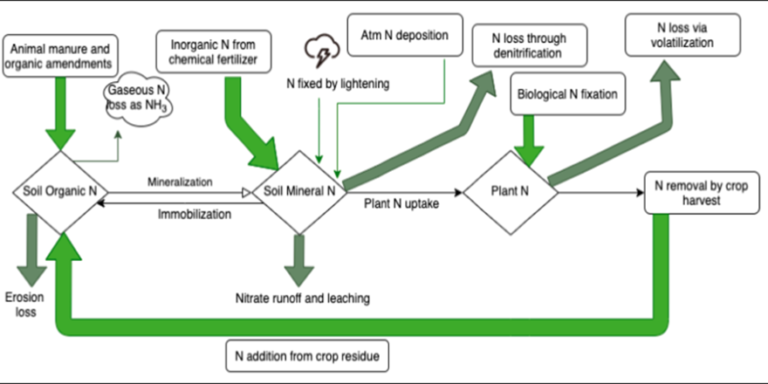
Mitigating nitrogen loss: The financial impact.
Executive Summary Currently, the environment and water quality are at the forefront of New Zealanders minds. There is a general consensus that our environment is suffering from the strain modern society has put on it. As a consequence of this, the agriculture industry is coming under increased pressure and scrutiny to find solutions to address

Pathways to farm ownership.
Executive Summary Changes in dairy farm ownership and overall industry growth has occurred at a rapid pace in the past 25 years . This has largely occurred due to strong returns from dairy farming driving a “dairy boom” in most regions of New Zealand. The dairy boom has been particularly evident in the South Island
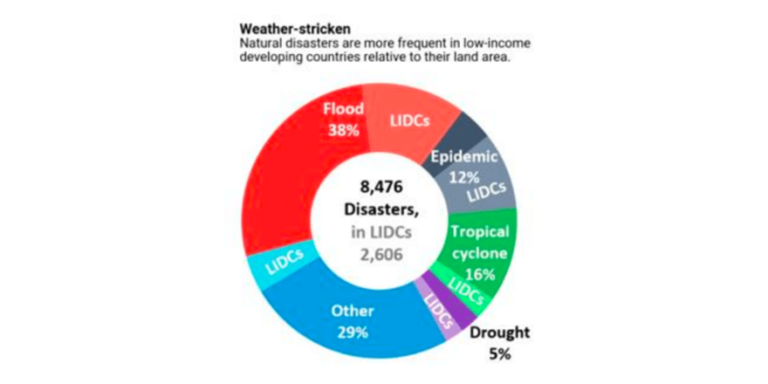
Preparing a team to manage a severe storm/flood across multiple dairy units: How do you prepare your business.
Executive Summary Severe storms and flooding are occurring in New Zealand more with more impact to our people and environment. How prepared for an Emergency is critical to how an event impacts your business is significant to a profitable farming system. Methods used for this report is a comprehensive analysis into regional emergency response giving
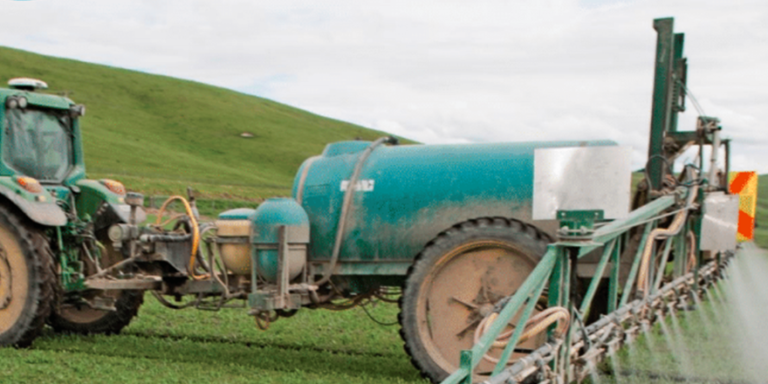
Public perception of the crop protection Industry and how this could be improved.
Executive Summary By the utter fact food for human consumption is generally farmed by way of established monocultures, it is never a choice not to use crop protection, but rather what approach is employed, i.e. is it by way of physics, chemistry, biology or ecology? Public perception of the New Zealand crop protection industry is

Tackling the effects of groundhog day in farm ownership.
Executive Summary “Groundhog Day (noun): A situation in which events are or appear to be continually repeated” (Collins dictionary) I grew up with a dog whistle around my neck, a handpiece in my hand and a knife and pouch around my waist. Farming was always going to be my journey. Yet after seventeen years of
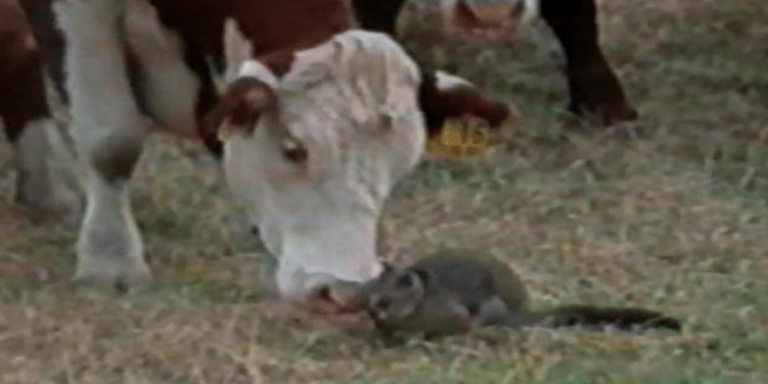
TB freedom in New Zealand’s domestic cattle and deer herds by 2026: Is this an achievable goal.
Executive Summary The future of our primary industries relies on the wealth that we, as farmers, can create by having safe and integral products that we can export and market to the world. We also need to have a ‘second to none’ provenance story to command a premium price per unit from our increasingly conscious

The effective leadership of remote agribusiness sales teams.
Executive Summary The New Zealand Agricultural Sector makes up about two thirds of the exported goods from New Zealand and as such remains the most important industry for New Zealand’s economy. Agricultural farms span from Stewart Island in the South to Cape Reinga in the North, some 1600 km away and from one coast line

The future of Gisborne navel oranges: sweet or sour.
Executive Summary This report looks into Gisborne navel orange production and investigates why a product (Gisborne navel oranges) with world class attributes fails to deliver reasonable returns to producers, and what can be done to improve, not only this industry, but also likely to be applicable to other products or industries that may find themselves

The Habit of engaging Human potential, Teal.
Executive Summary From my time researching my chosen Kellogg’s topic, I have found it very easy to say something is broken. We need to change. This needs to be done by aiming for those low hanging fruit that shock and challenge us as dairy farmers. I have since come to the realization that great leaders

The Potential of Blockchain.
Executive Summary Blockchain is a digital platform that stores and verifies transactions between users. It is different from other digital databases in the following ways; it allows peer-to-peer transactions rather than relying on an intermediary to facilitate the transaction; the information is distributed throughout the network rather than being held in one central database; data
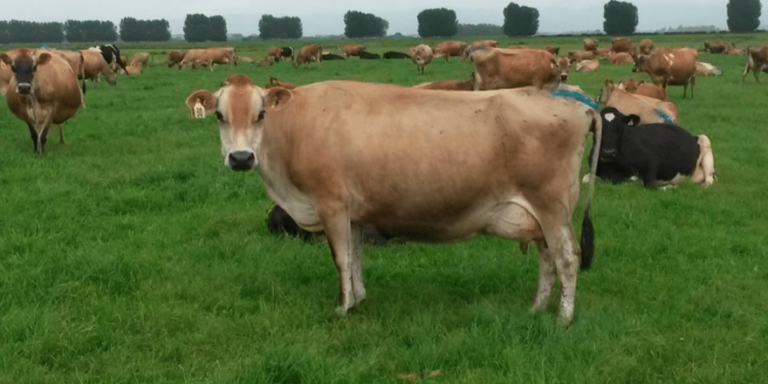
Trading Among Farmers (TAF):Why we need it, how well is it working and where to in the future.
Executive Summary The decision by Fonterra to implement TAF (Trading Among Farmers) back in 2012 was a major decision in the history of the co-operative and was predominantly to address an issue know as Redemption risk. This redemption issue was something Fonterra conceded to in the process of forming Fonterra in 2001. Government at the
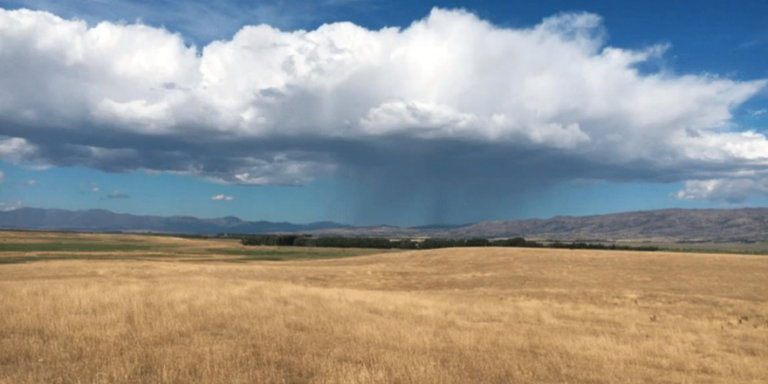
Water sharing in a water short catchment.
Executive Summary In New Zealand (NZ) freshwater management has become a top political issue with most New Zealanders having an emotional attachment to freshwater and how it is managed. The question is, how do we manage freshwater and respect diverse interest and complex environmental interactions? The aim of this study was to gain an understanding


























